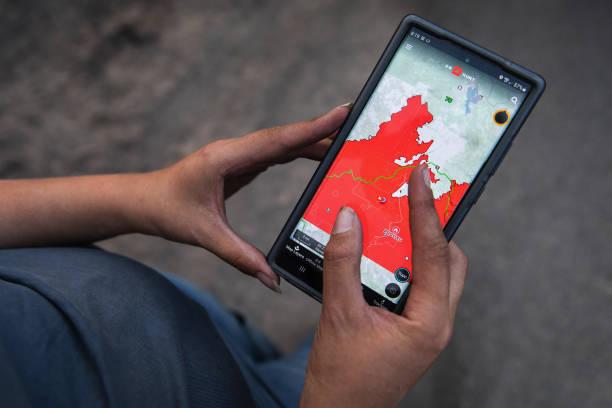Australia has been ranked eighth place globally for its effective handling of the CCP virus with New Zealand claiming the top spot.
The COVID performance index, released today by Sydney-based think tank Lowy Institute, compared and ranked the handling of COVID-19 by 98 countries based on publicly available data.





